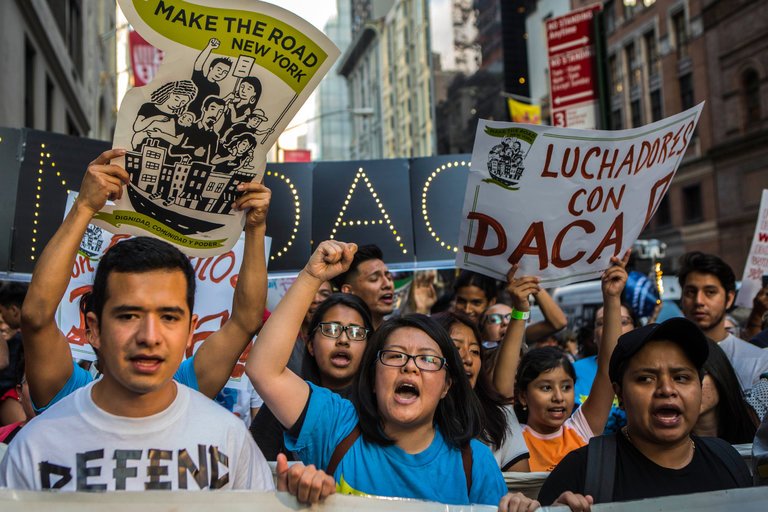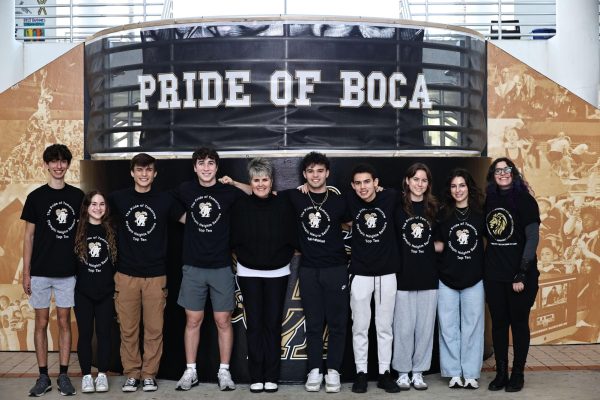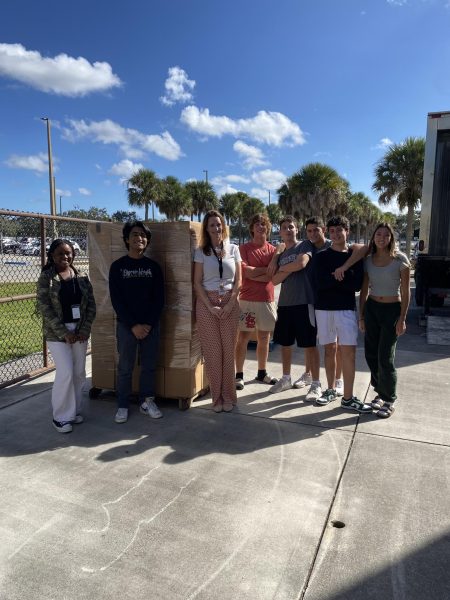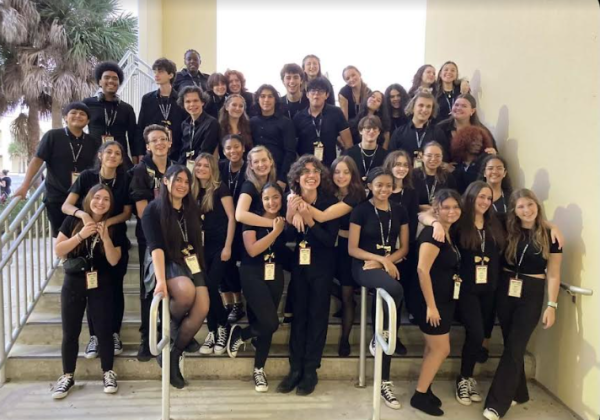NEWS ANALYSIS: Ending DACA Harmful Not Only to Dreamers, Hurts U.S. Economy As Well
Many Americans had likely never even heard of the term “Dreamers” prior to this month. Now, it is a common subject of discussion. When the Trump administration formally announced on September 5, that it would be ending the DACA program (Deferred Action for Childhood Arrivals), people quickly learned what exactly that meant.
DACA permits nearly 800,000 people (referred to as Dreamers) who came as children into the US illegally to continue living, studying, and working here without fear of deportation. Dreamers must have arrived when they were younger than 16, and have to meet strict requirements to qualify for the program. The end of DACA means that all of these individuals could now face deportation.
The uproar was immediate. Countless celebrities took to social media to take a stand against the repeal of DACA. Hundreds of tech company leaders co-signed a letter titled “Leaders of American Industry on DACA” that called on Trump to preserve the DACA program and Congress to pass the bipartisan DREAM Act. The CEOs of Microsoft, Amazon, Apple, Google, Lyft, Netflix, and Twitter are among those who signed. Additional statements came from Facebook, Uber, Microsoft, and EA. These companies pledged to protect and support their Dreamer employees and put forth the many benefits that these immigrants bring.
Even Pope Francis displayed his disapproval on the matter by stating, “The President of the United States presents himself as pro-life and if he is a good pro-lifer, he understands that family is the cradle of life and its unity must be protected.” Families and friends would be torn apart if the Dreamers were to be deported.
Yet another prominent voice has been YouTuber and former Vine star David Dobrik. Twenty-one year old Dobrik has over five million subscribers on his main YouTube channel and another five million followers across Instagram and Twitter. Dobrik, a Dreamer, was born in Slovakia and moved to Chicago with his parents at a young age. He has tweeted, “I paid $400,000 in taxes last year and all I got was a free trip back to Slovakia” and “I’m sorry to say I cannot attend Vidcon Australia, as of yesterday Trump has taken away all my travel privileges.” Fame does not make him any less susceptible. Like thousands of other Dreamers, deportation would be detrimental to his career and personal life.
The general consensus among Americans is in favor of DACA. A Politico poll has reported that 58 percent of voters think Dreamers should be allowed to stay and become citizens if they meet certain requirements. Eighteen percent think they should be allowed to stay and become legal residents, but not citizens. Only 15 percent think they should be deported from the country. Support spans party lines: 84 percent of Democrats, 74 percent of independents, and 69 percent of Republicans think Dreamers should stay.
According to a 2016 Center for American Progress study, DACA recipients are buying cars and houses and starting new businesses, which results in more tax revenue to cities and states. Ending DACA would reduce the nation’s GDP by $433.4 billion over a decade. The Immigrant Legal Resource Center states that employers could incur immense costs from the termination and replacement of the immigrant employees. Tax revenue will be severely impacted by the absence of Dreamers and $24.6 billion in Social Security and Medicare contributions would be lost over the next decade
Most Dreamers were brought into this country as infants or very young children; therefore, most Americans believe they should not be held accountable for their parents’ decision to enter the US illegally. Deporting the Dreamers back to their countries of origin would have devastating consequences for the entire nation. The Dreamers would be thrust into countries that they likely have not been in since they were little; they may not even be able to speak the language there. After all, they grew up in America and for many, this is the only home they have ever known.














